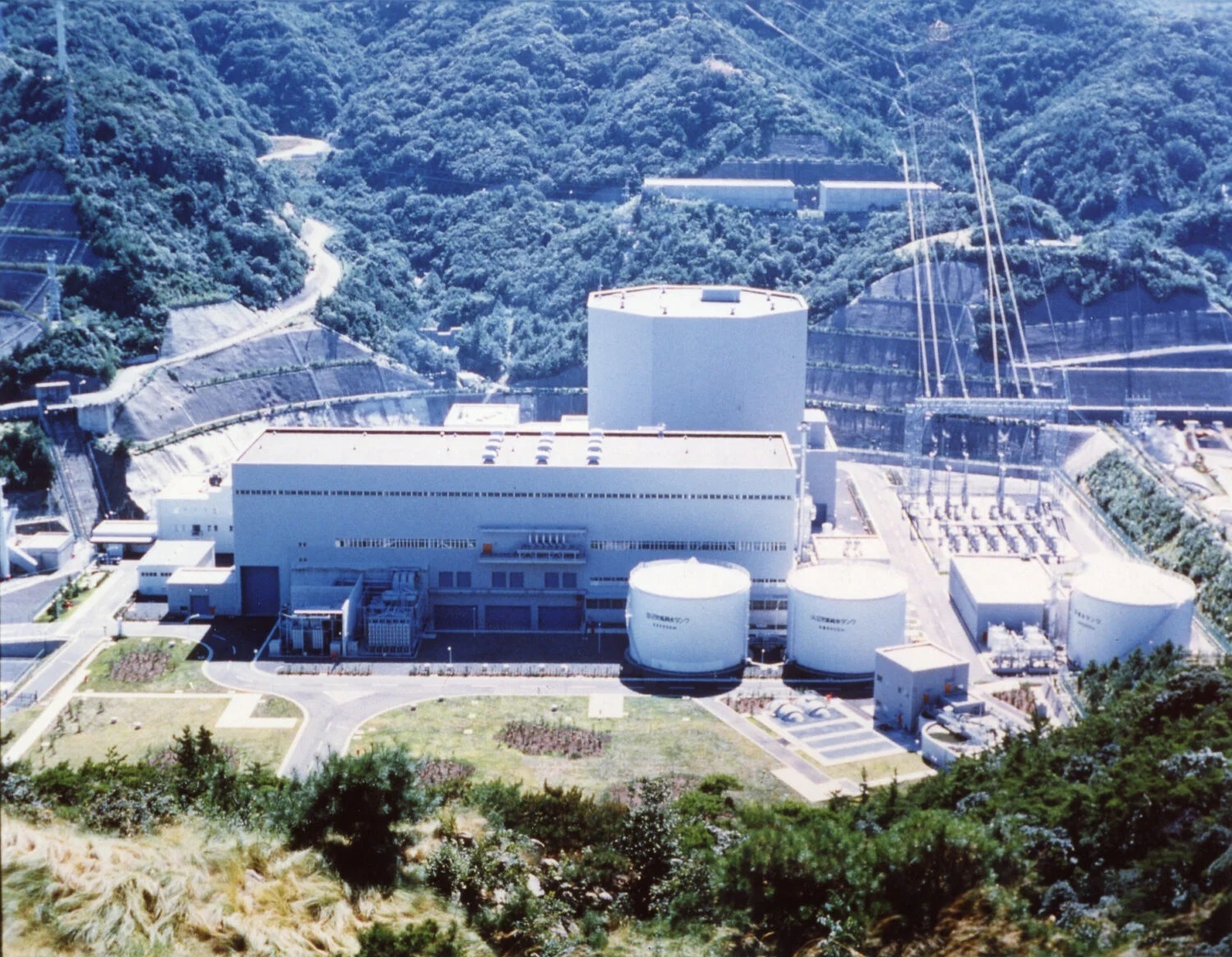Accordingly, at 1:00 p.m. the same day, YOSHIMURA Katsumoto, Deputy Director-General for Energy and Regional Policy at the Agency for Natural Resources and Energy, formally submitted the proposal to Mayor Masaaki Shibuya of Ogasawara Village on Chichijima Island.
At the press conference, Minister Akazawa referred to the letter sent on January 16 to all prefectural governors nationwide, reiterating the government’s policy of “not leaving the matter solely to local communities, but asking for cooperation under the responsibility of the national government.” He explained that the proposal to conduct a literature survey on Minamitorishima represents a concrete step in implementing this policy.
According to the government’s Scientific Characteristics Map, Minamitorishima is classified as an area where “there is a relatively high possibility of confirming favorable characteristics” for geological disposal. Additional considerations included the presence of unused land suitable for surface facilities and the fact that the entire island is state-owned. The minister emphasized that “it would be difficult to proceed with site selection investigations without the understanding of the local community,” and indicated that explanatory meetings for residents would be held at an early stage to ensure careful information sharing.
In response to questions from the media, the minister also noted that Minamitorishima has long cooperated with national policies, stating that it is necessary for the government to explain the need for final disposal and the content of the literature survey. He added that the government would “make every effort to gain the understanding and cooperation of the people of Ogasawara Village.”
Upon receiving the proposal, Mayor Shibuya issued a statement at 2:00 p.m. the same day. He confirmed receipt of the official request and explained that, during prior consultations, the village had asked the government and the Nuclear Waste Management Organization of Japan (NUMO) to promptly hold explanatory meetings for residents and provide careful explanations regarding the necessity of final disposal and the content of the literature survey.
He stressed that the village would make its decision “while taking into account the opinions of residents and the village assembly expressed at explanatory meetings and other forums,” indicating that the acceptance of the survey would be considered carefully.
NUMO, the implementing body for the final disposal project, stated that it is “not in a position to comment” on the government’s proposal itself, but expressed its intention to provide detailed explanations and responses to facilitate acceptance of the literature survey in Ogasawara Village. NUMO plans to hold public explanatory meetings on March 14 on Chichijima and March 15 on Hahajima.
A literature survey is the initial stage of investigation, assessing geological suitability based solely on existing literature and data. No on-site investigations, such as drilling, are conducted at this stage. Implementation of the survey requires either an application from the municipality or acceptance of a proposal from the national government.
Minamitorishima, administratively part of Ogasawara Village in Tokyo, is Japan’s easternmost island and has no permanent civilian residents. The government’s decision to initiate the literature survey proposal itself represents a concrete step toward its stated policy of “taking responsibility and standing at the forefront,” and is positioned as an effort to move the disposal site selection process into its next phase.



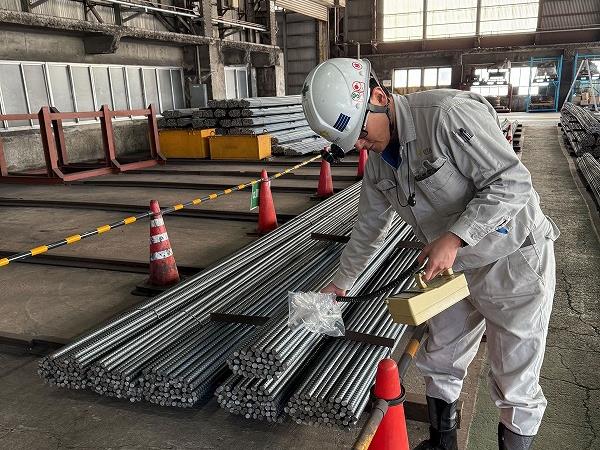
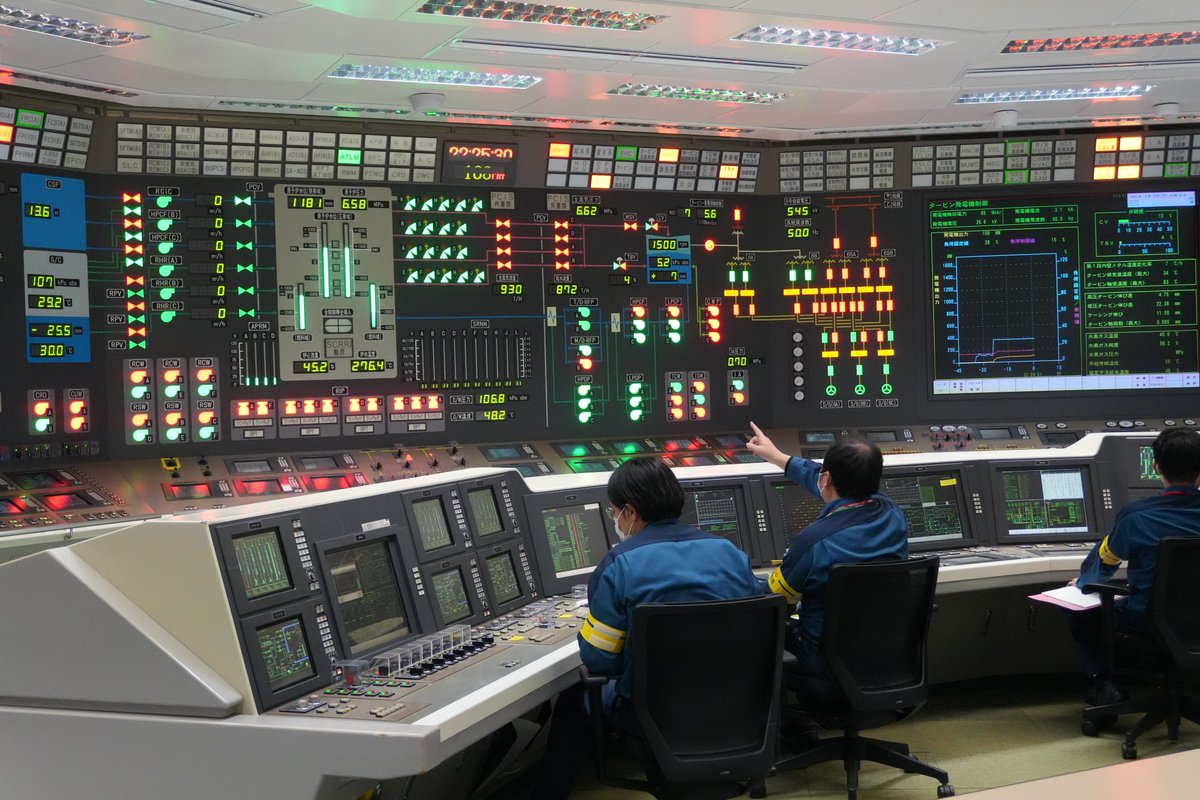
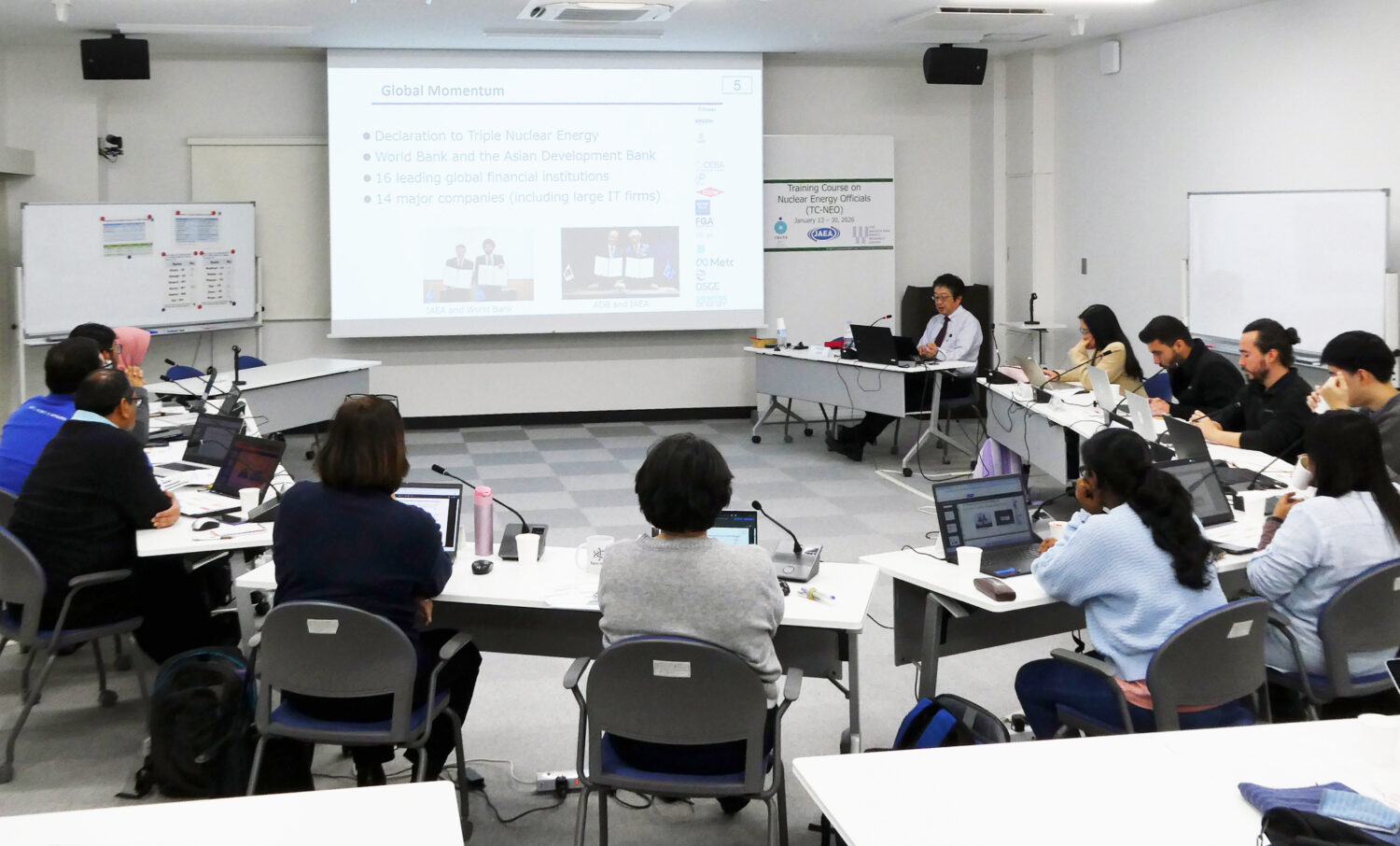
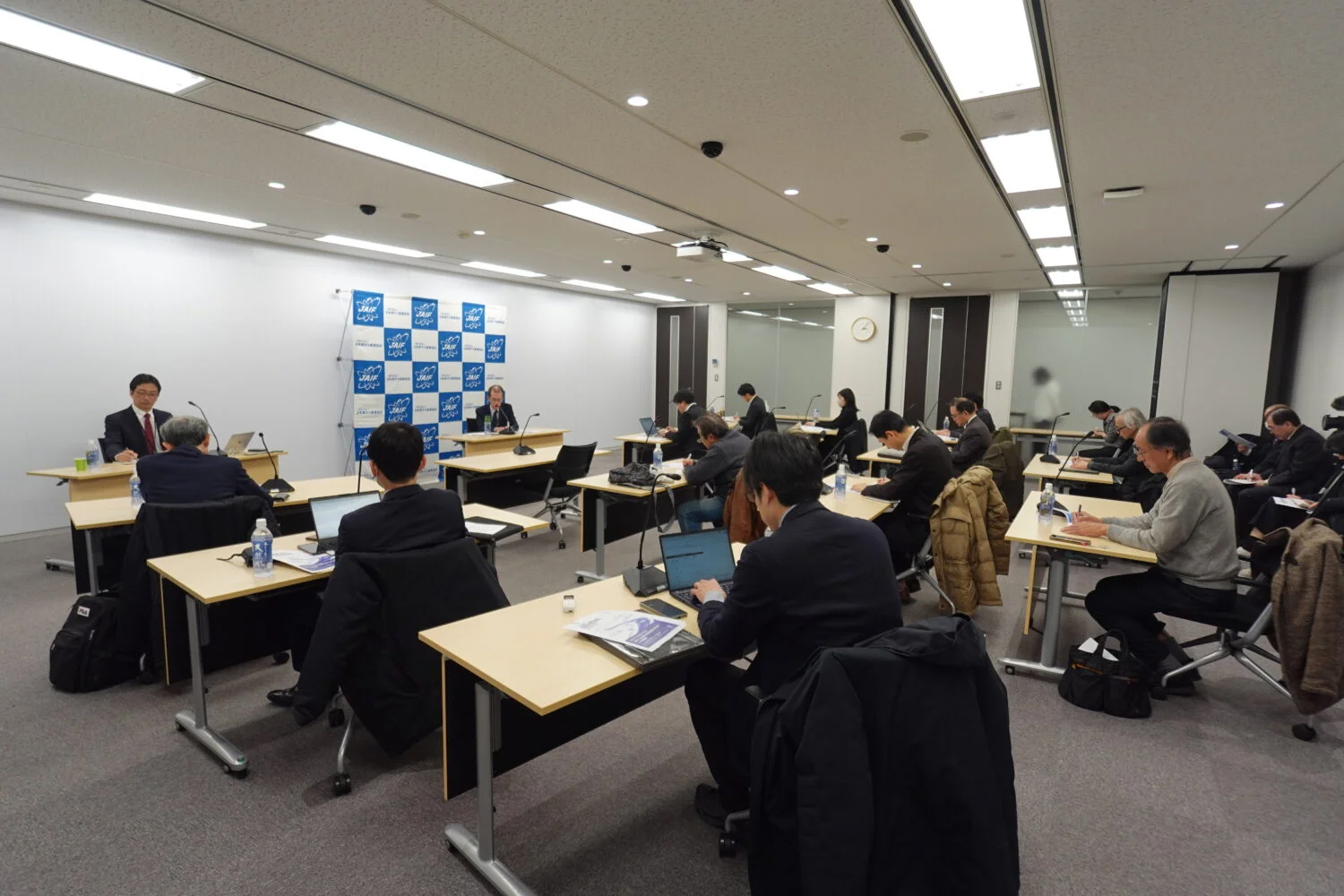
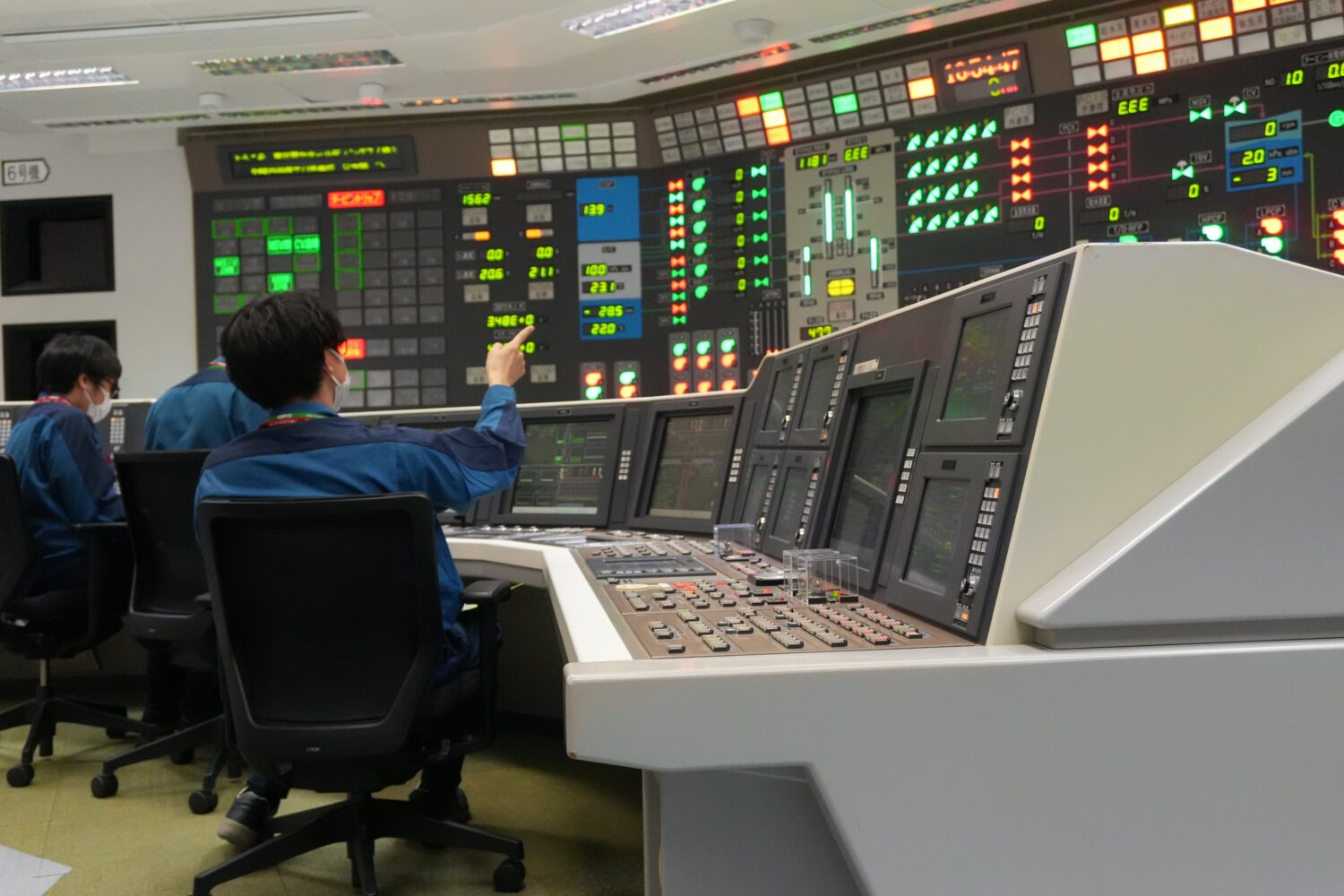
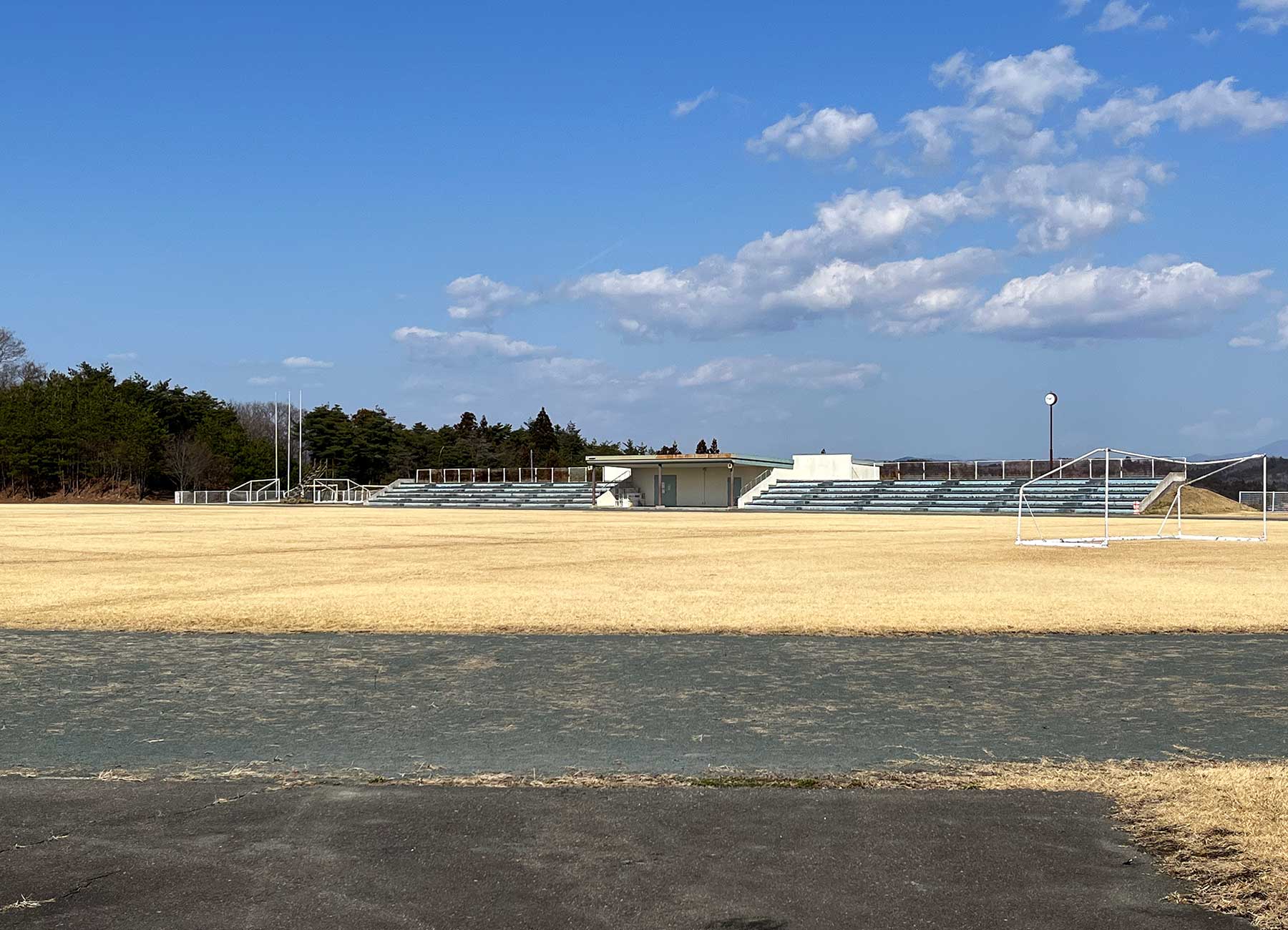
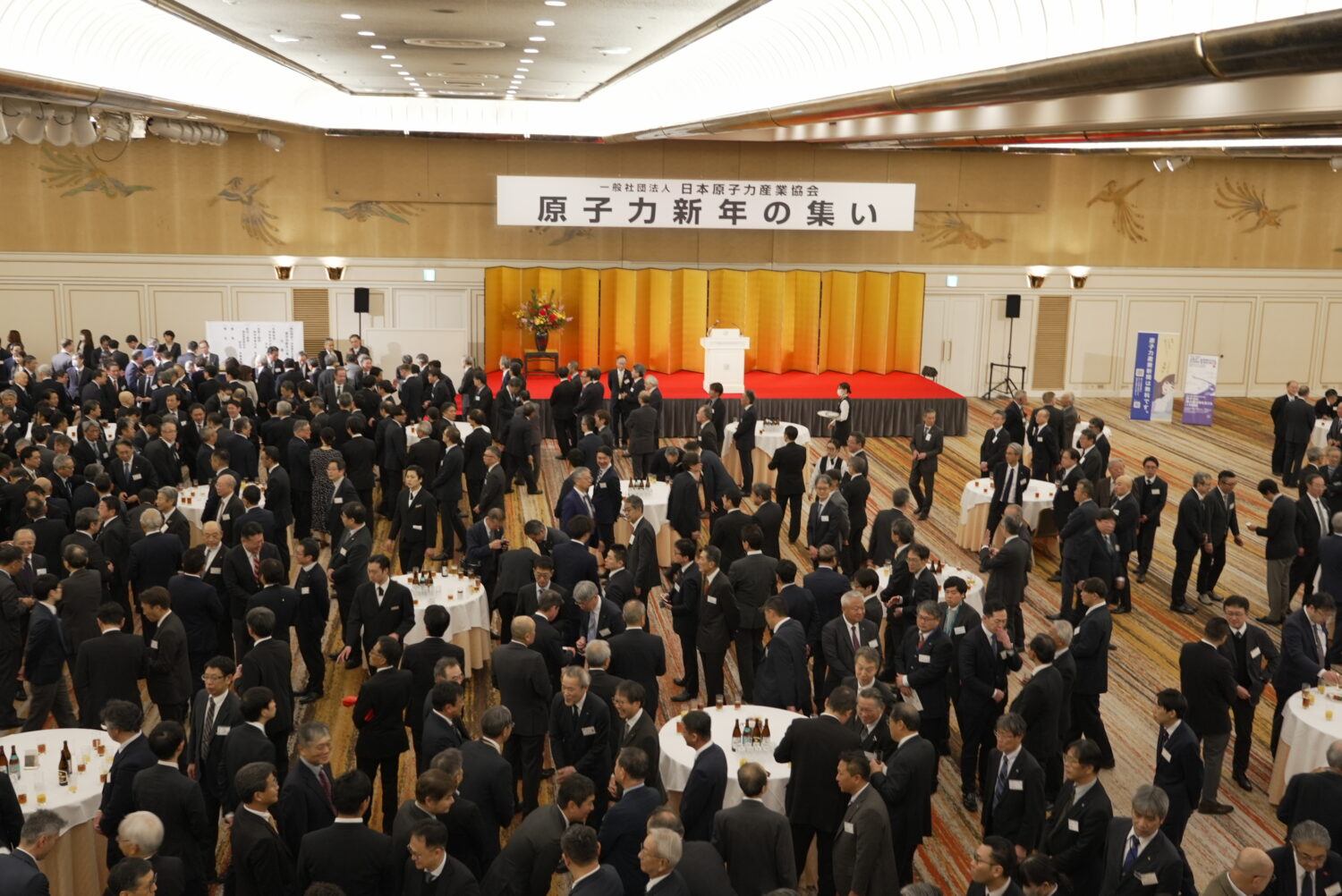
-013.jpg)

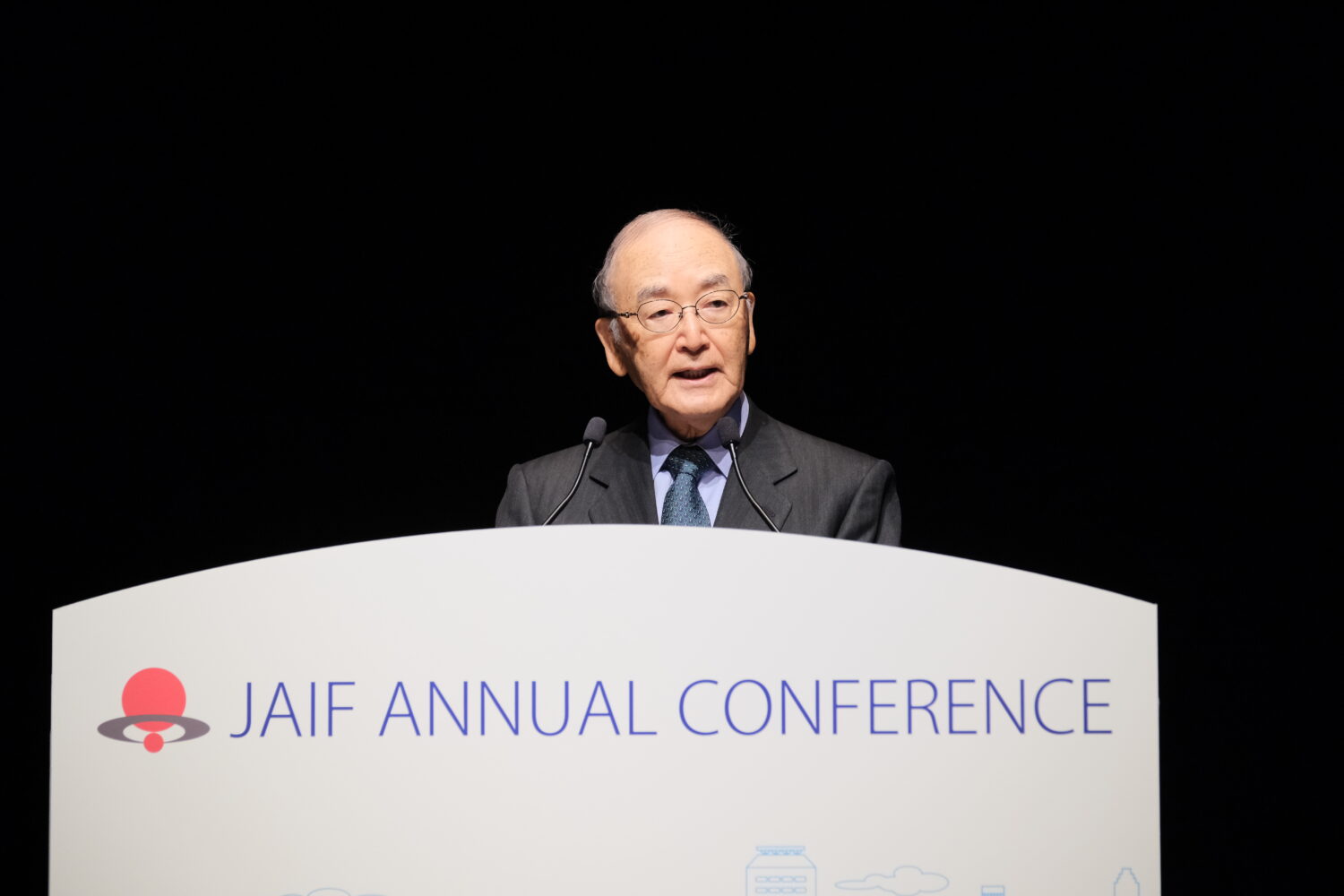
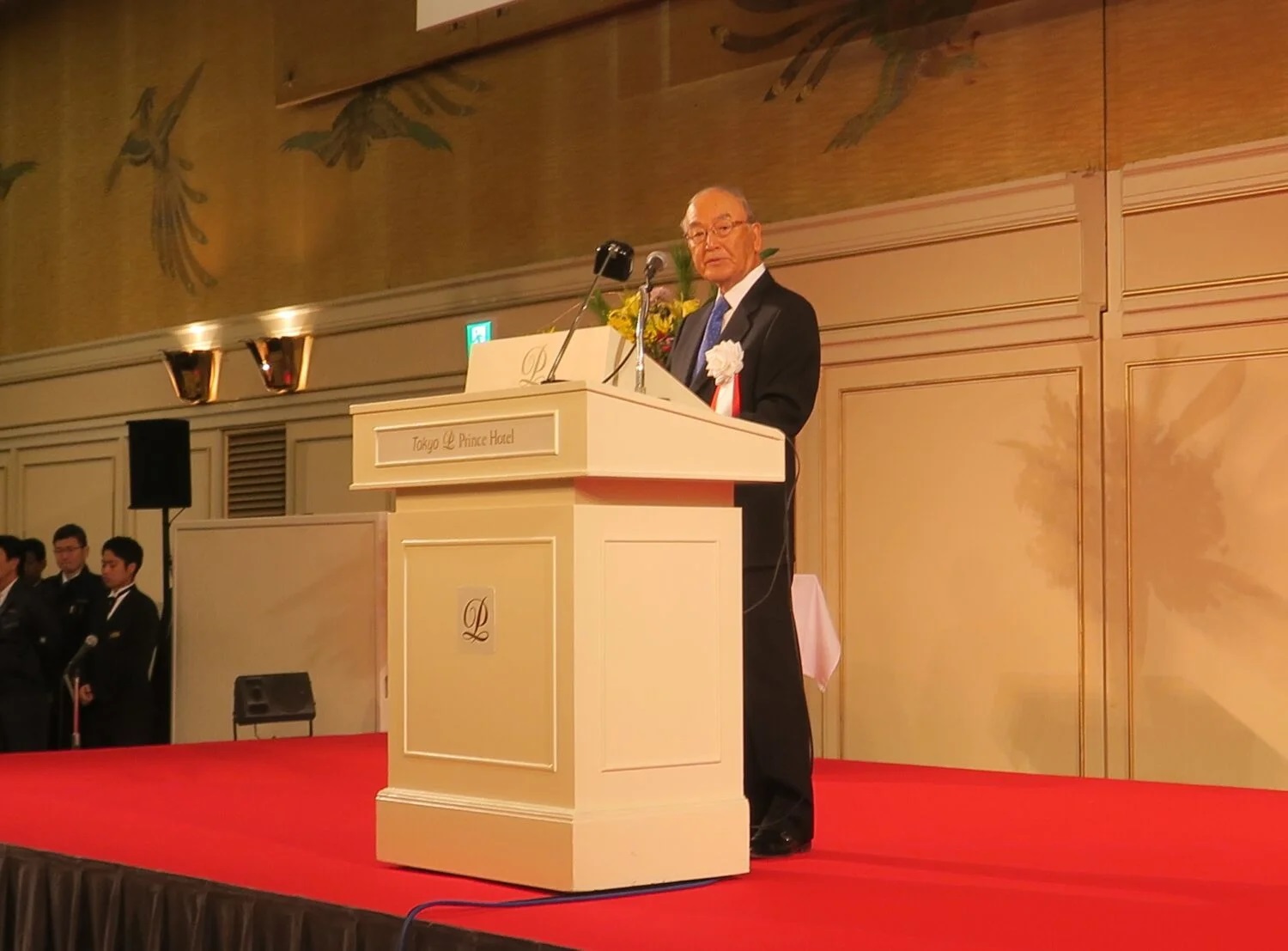
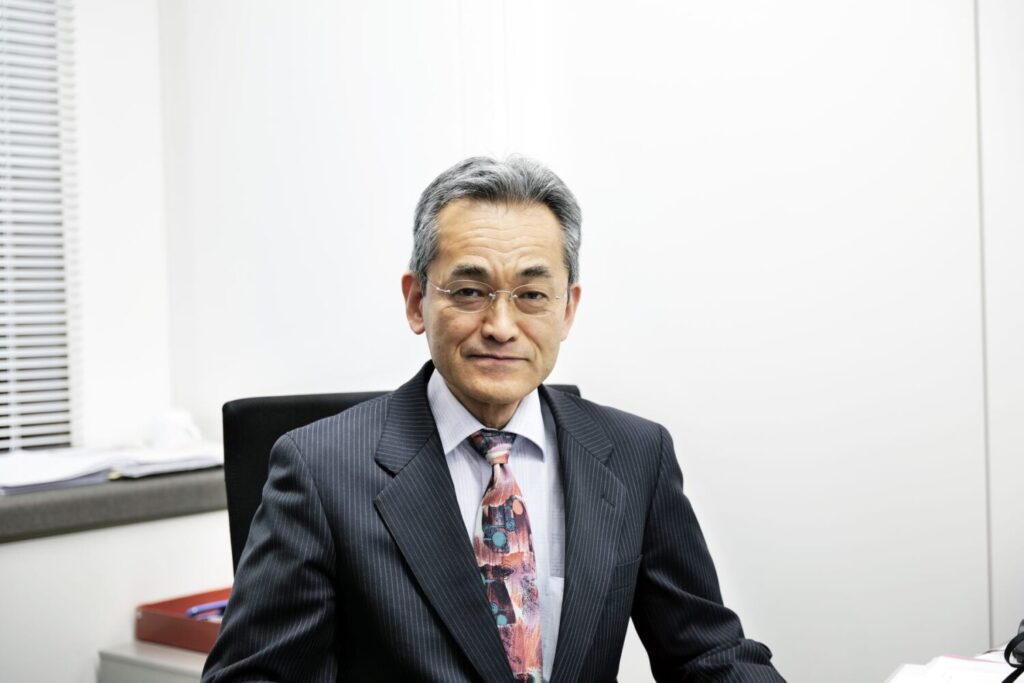

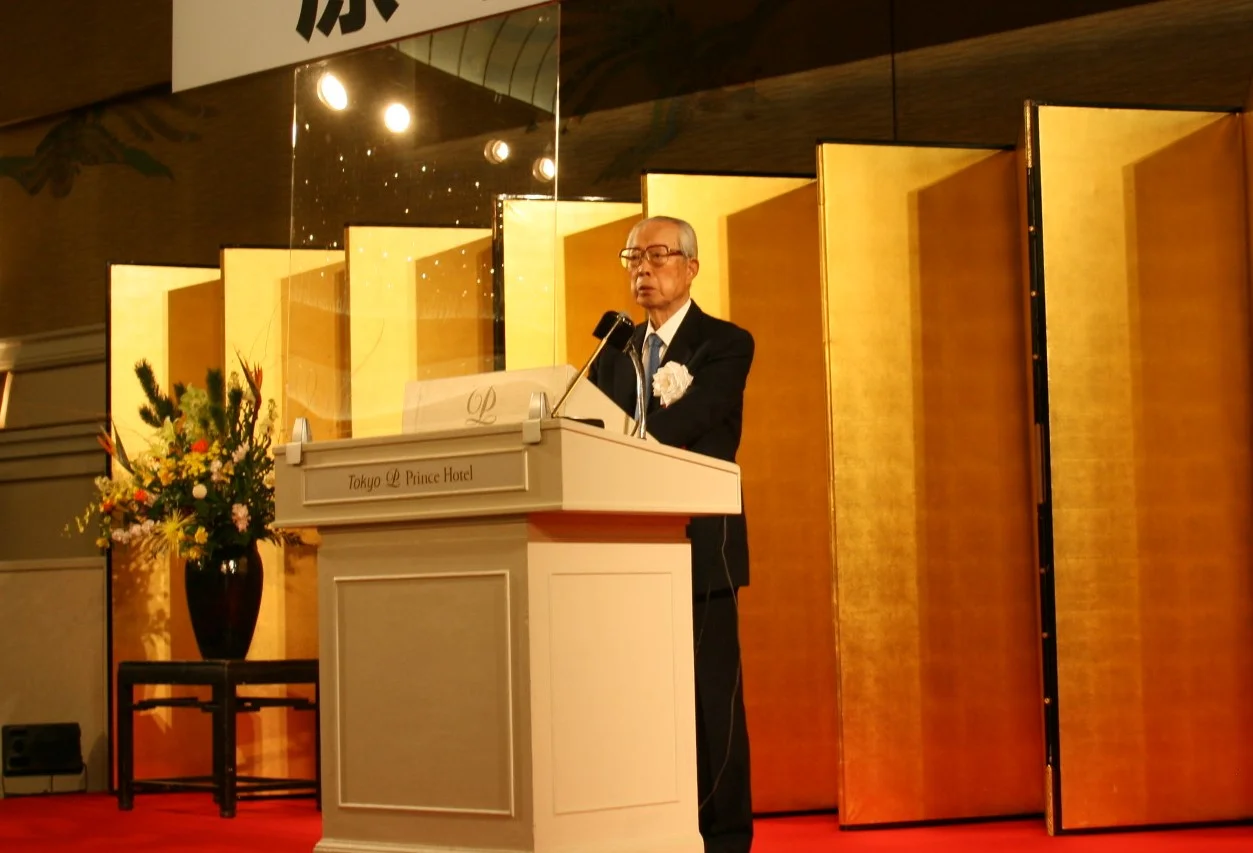
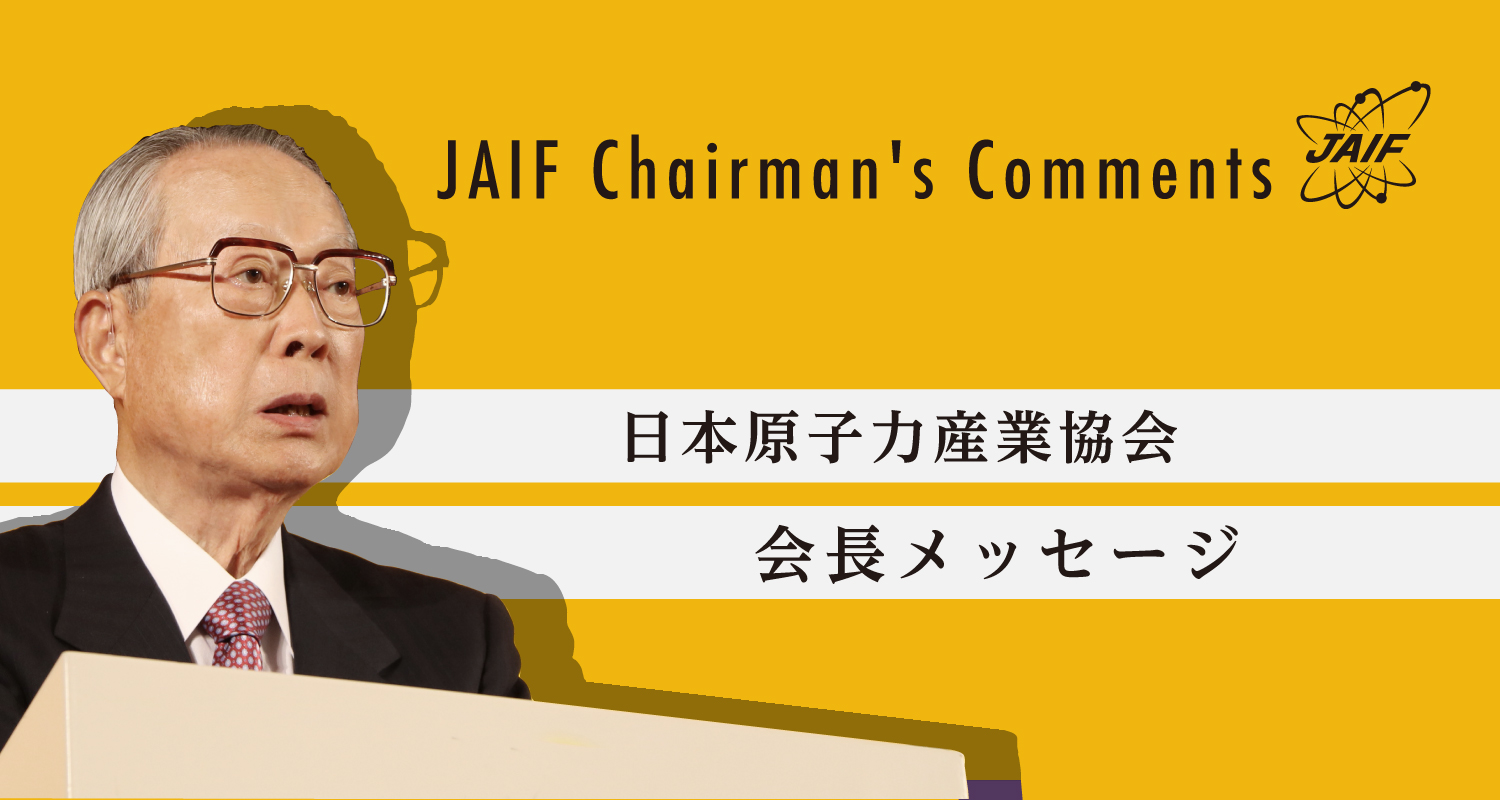
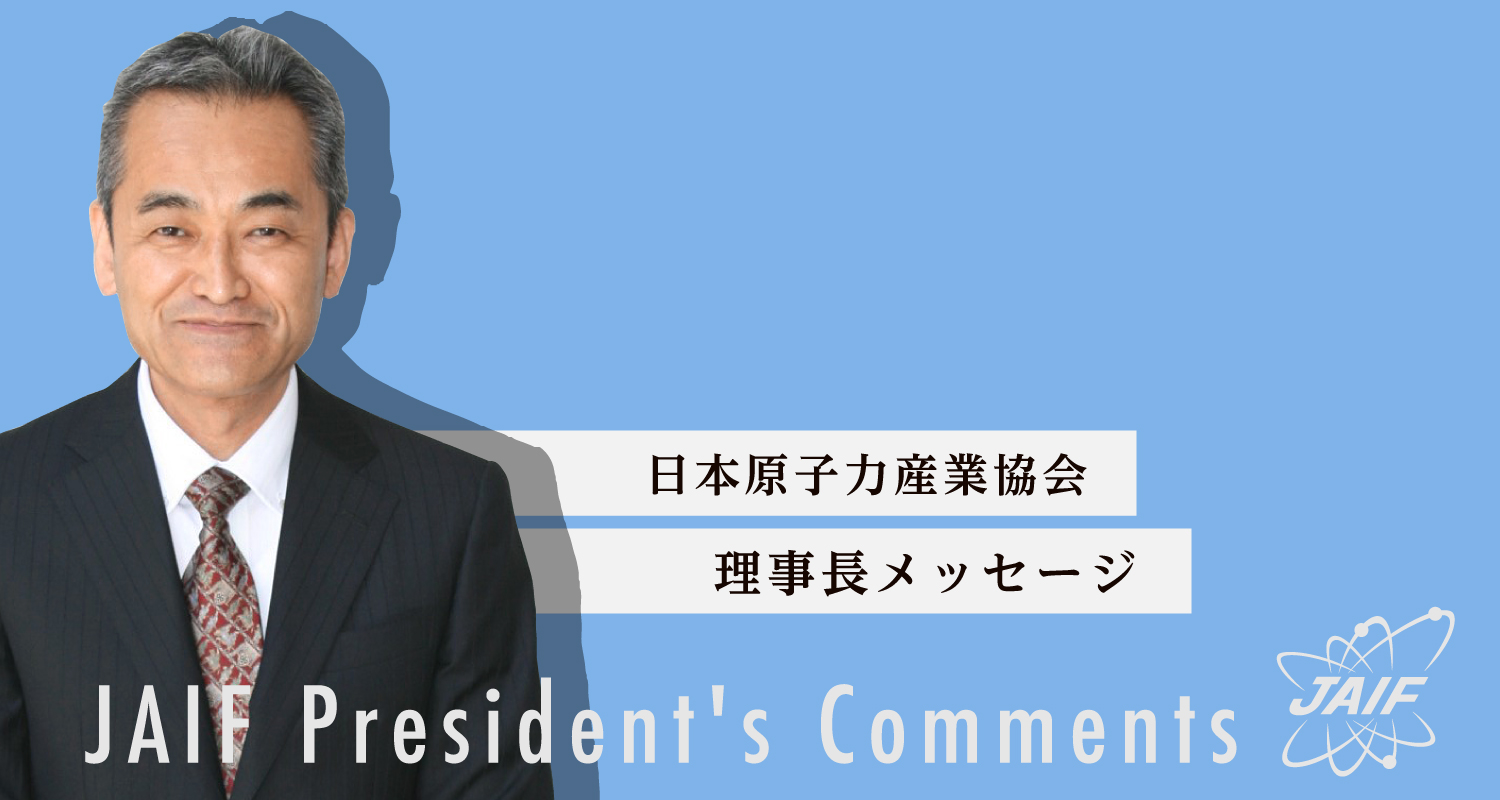
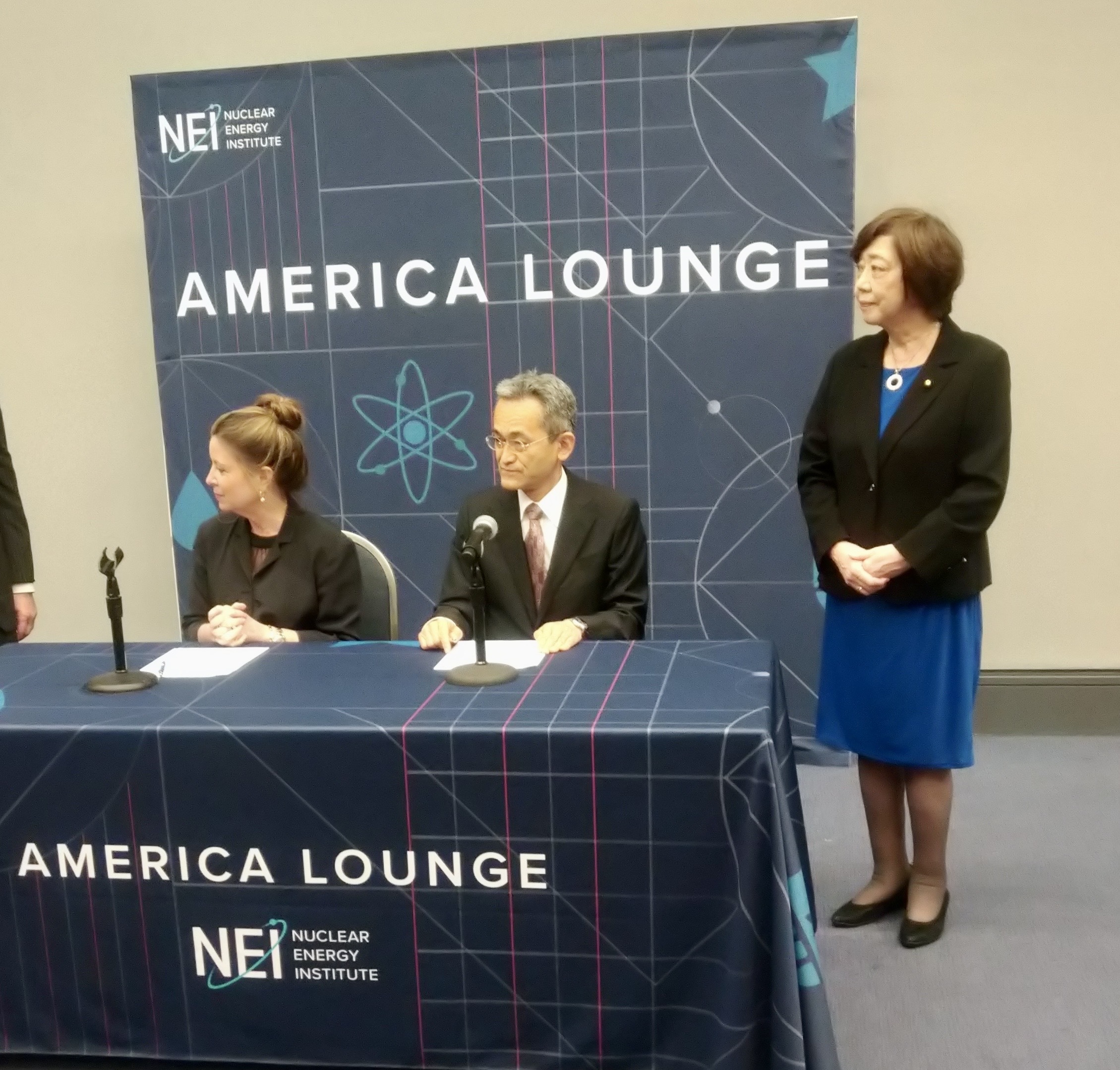

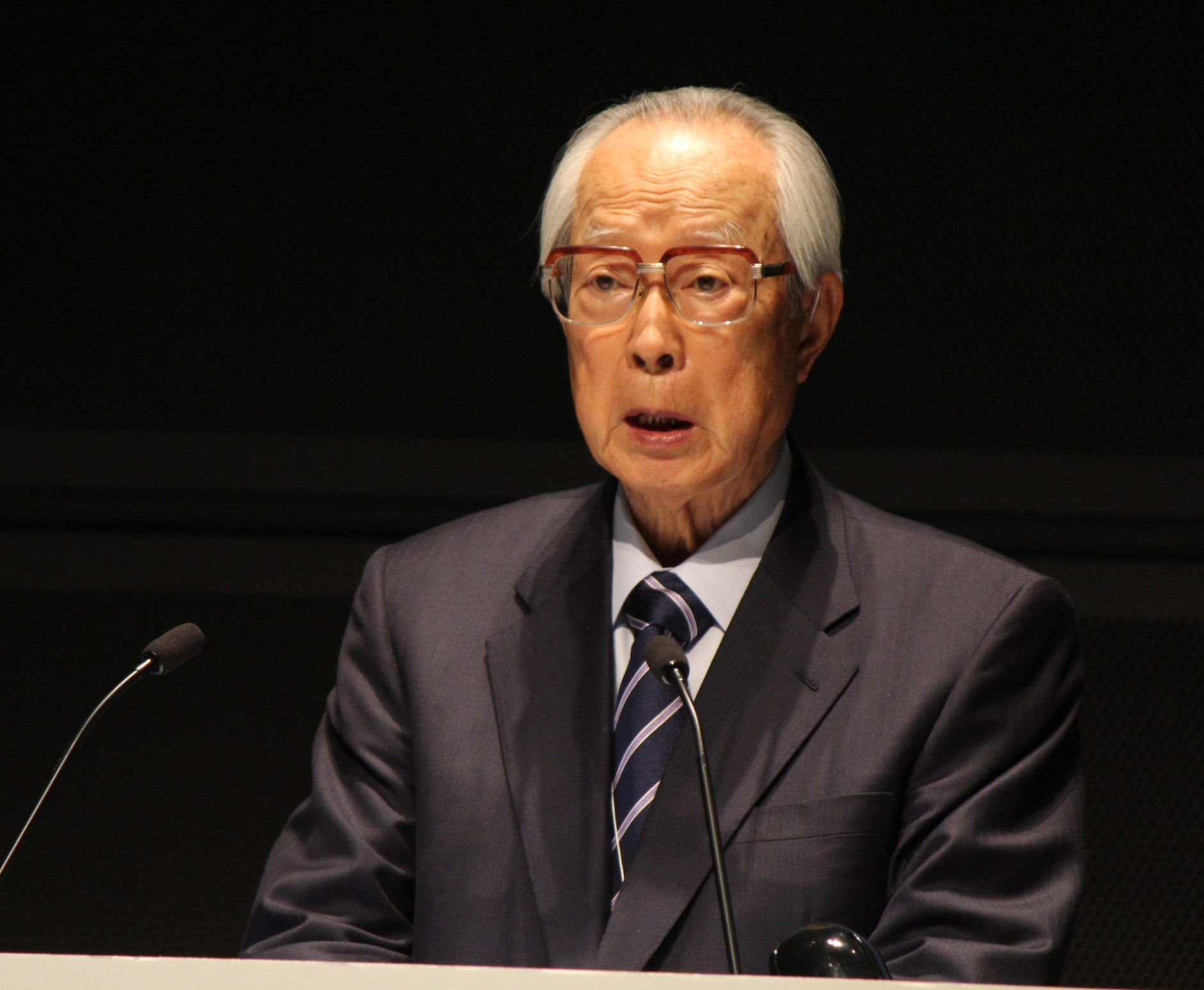
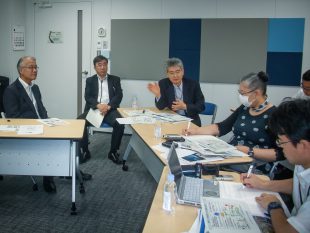

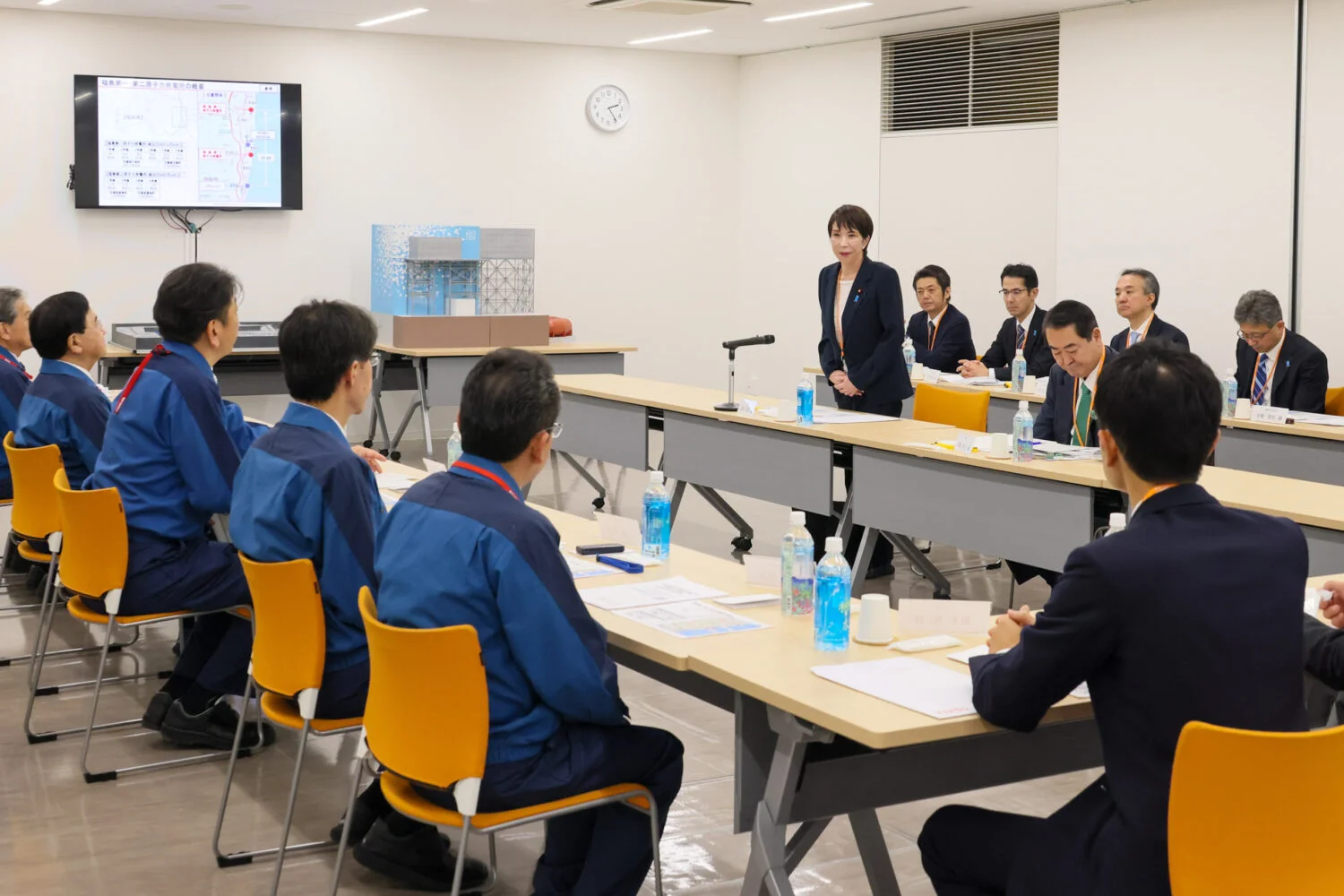


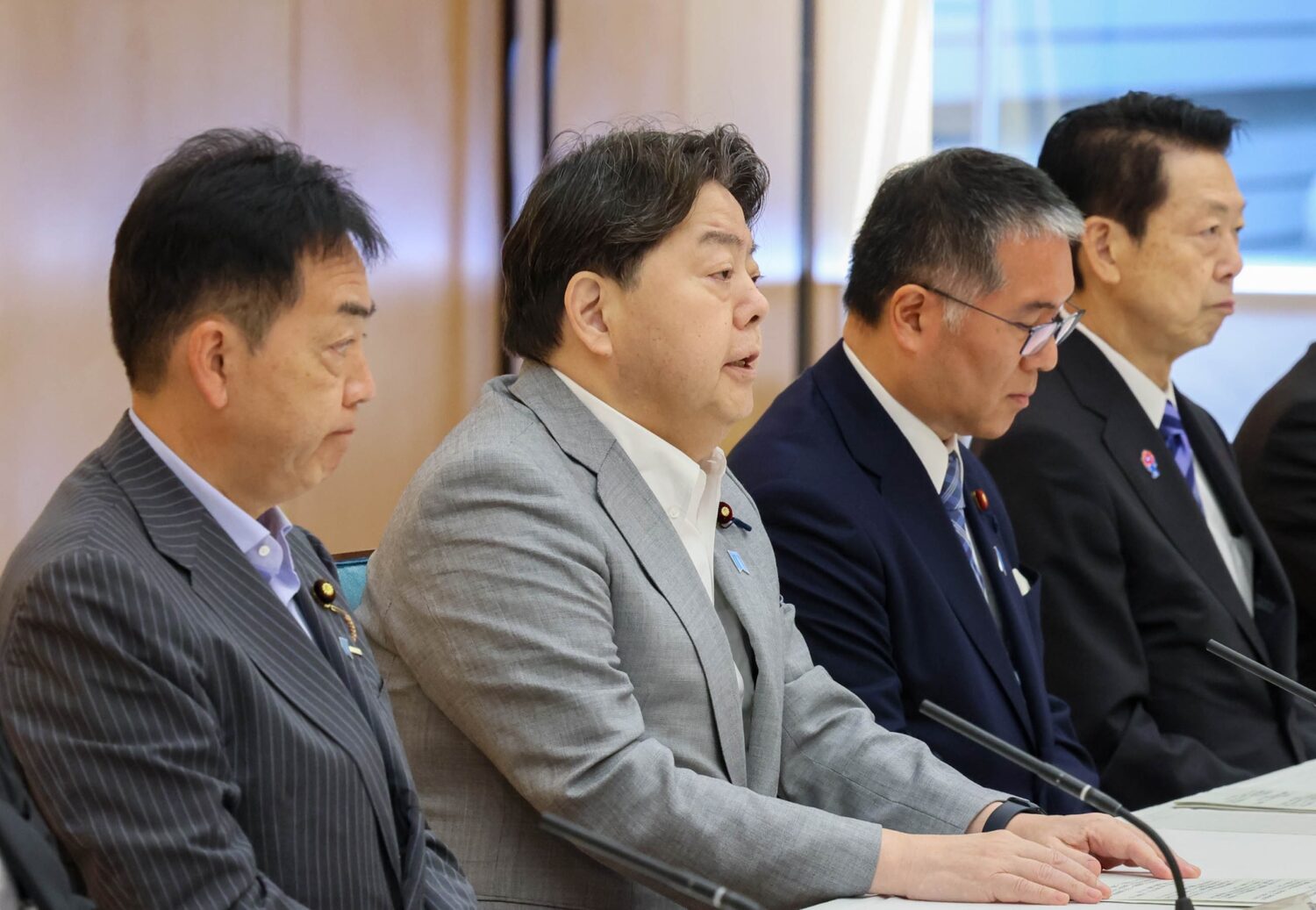
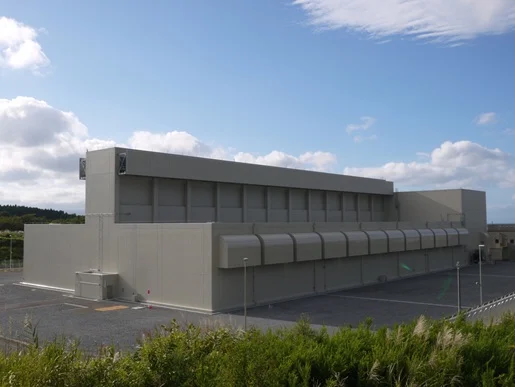

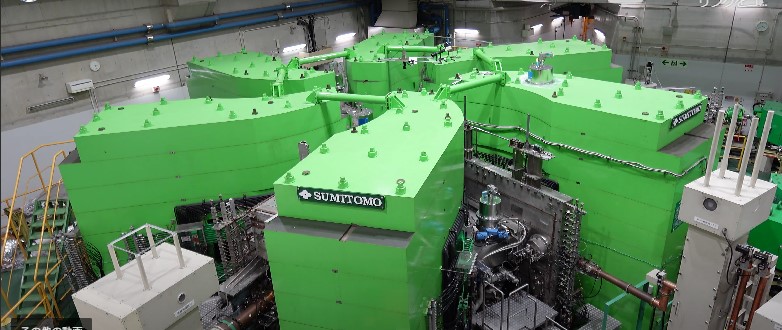


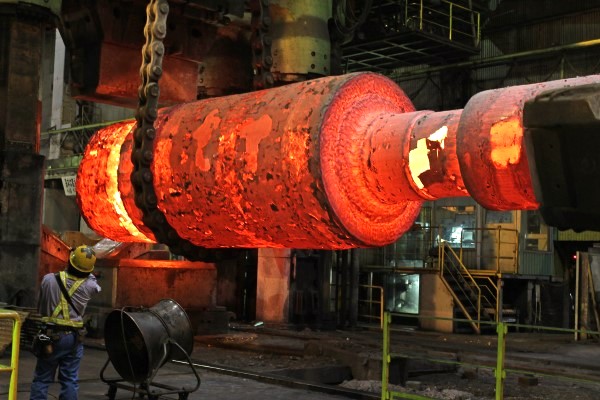




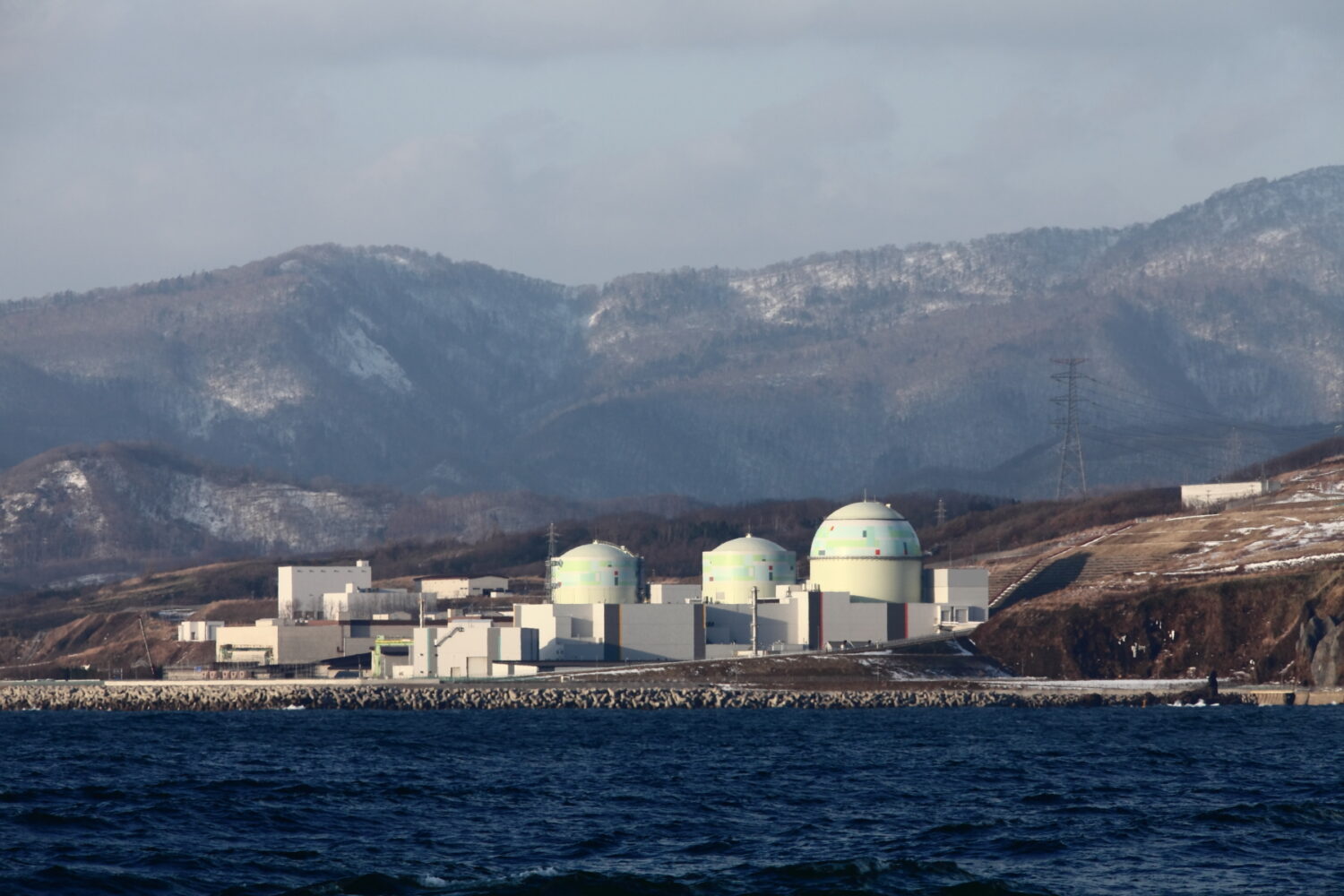
-049.jpg)
.jpg)










